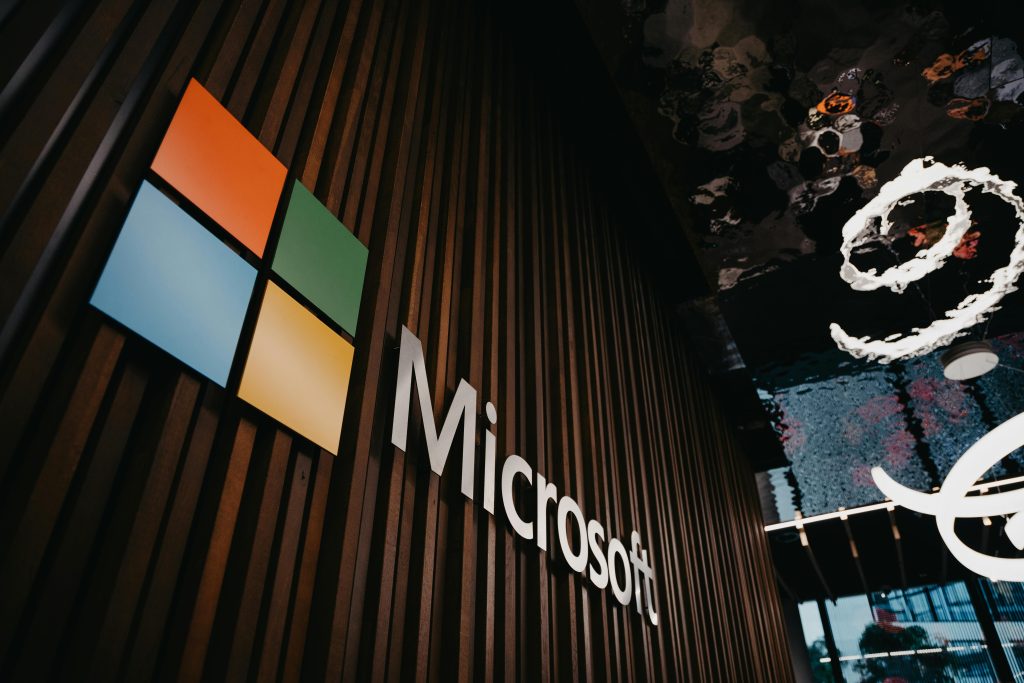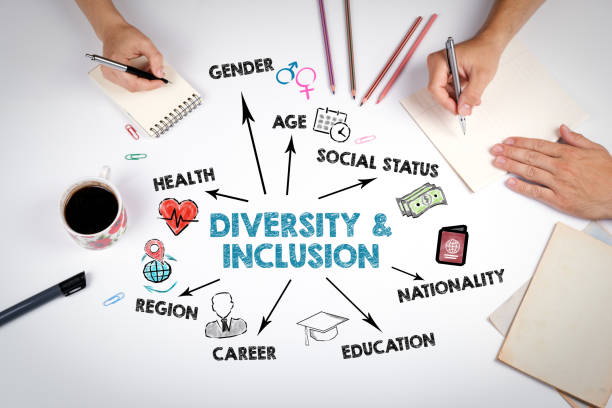A Strong Start, A Sudden Drop
Diversity, Equity, and Inclusion (DEI) initiatives sought to gain traction following social justice movements and corporate pledges of workplace fairness. Companies committed resources, established leadership positions, and implemented policies aimed at creating inclusive cultures. And now, many of those same organizations are scaling back their DEI programs, citing financial constraints, changing priorities, and political pressures. What happened?

The DEI Dream vs. The Reality Check
Picture this: 2020. Corporations stumbled over one another to pledge millions for DEI work. The statement set off a flurry of posting on social media. Flash forward to 2024, and it has the feeling of a deflated balloon. DEI roles are disappearing, budgets are vanishing, and critics are gleefully intoning, “We told you so.”
But let’s be clear: DEI isn’t disappearing—it’s imploding, collapsing under the burden of lip service and lax implementation.
The Promise vs. The Paycheck: DEI as a Line Item
In 2021, Google committed $175 million to racial equity projects. By 2023, they had idly diverted 60% of those funds to “general operations” (Forbes, 2023). Sound familiar? For many companies, DEI was merely a PR campaign—a banner to wave when the camera was rolling, only to cast aside once the social media mob lost interest.
Case Study: The Boeing Backfire
Boeing launched a DEI dashboard in 2020 to track leadership diversity. By 2022, the dashboard was mothballed, and DEI teams were folded into HR. Meanwhile, employee surveys revealed a 25% spike in reports of racial microaggressions (SHRM, 2023).
The lesson? Treating DEI as a spreadsheet exercise erodes trust faster than you can say “mission statement.”
Performative Training: The Unicorn Posters of Corporate Culture
Raise your hand if your company mandated a 45-minute unconscious bias training and called it a day. These superficial efforts often backfire. A 2023 Harvard Business Review study found that one-off training increases skepticism among employees, with 62% calling them “irrelevant to daily work.”
The Microsoft Exception
Microsoft ditched generic training for “Inclusive Design Sprints,” where engineers collaborate with marginalized users to build accessible tech.
Result?
Products like the Xbox Adaptive Controller, co-designed with gamers with disabilities, now generate $200M annually (Microsoft Annual Report, 2023).
DEI isn’t about checking boxes—it’s about redesigning the box itself.

Leadership Lip Service: When the C-Suite Ghosts DEI
A 2023 McKinsey report found that 70% of DEI programs fail because executives treat them as “HR’s problem.” Let that sink in.
Case Study: The Goldman Sachs Gamble
Goldman Sachs vowed to interview at least two diverse candidates for every open role in 2020. By 2022, hiring managers admitted they “prioritized speed over diversity” (Bloomberg, 2023). Without accountability, even the boldest pledges crumble.
Compare this to Salesforce, where CEO Marc Benioff ties 15% of executive bonuses to DEI metrics. Their leadership team is now 42% women and 34% people of color—up from 23% and 19% in 2020 (Salesforce Diversity Report, 2023).
The Legal Reckoning: DEI’s Double-Edged Sword
Title VII of the Civil Rights Act bans discrimination, but vague DEI policies can land companies in hot water. In 2023, the EEOC saw a 20% surge in discrimination charges, many citing “discriminatory diversity quotas” (EEOC, 2024).
Starbucks’ Scramble
After the 2018 racial bias training, Starbucks avoided lawsuits by linking store manager bonuses to the retention of diverse teams. Their secret? Transparency. Employees access real-time data on promotion rates by demographic.
As employment lawyer Naomi Osaka warns, “Ambiguous DEI goals are lawsuit bait. Specificity saves you.”

The Fix: How to Resurrect DEI Without the Hype
A. Tie DEI to Cold, Hard Cash
Patagonia’s “Anti-Racist Product Line,” co-created with Black outdoor enthusiasts, drove a 30% revenue bump in 2023. DEI isn’t charity—it’s a market differentiator.
B. Demote Your ERGs (Yes, Really)
Employee Resource Groups shouldn’t be unpaid labor. Adobe funds its ERGs with $10K annual budgets and lets them pitch product ideas. Their LGBTQ+ group’s pronoun feature is now used by 8 million customers.
C. Audit Like Your Reputation Depends on It
Delta Air Lines conducts “DEI Stress Tests,” simulating how layoffs, mergers, or crises impact marginalized teams. After identifying bias in furlough decisions during COVID, they revamped their process—and cut turnover by 14%.
The DEI Boom and Backlash
A 2020 report from McKinsey & Company concluded that companies with more diverse executive teams were more likely to beat their less diverse competition in profitability. In response, many businesses rolled out lofty DEI programs.
Despite challenges, job postings for Chief Diversity Officers (CDOs) increased, and corporate budgets showed an increased focus on hiring and inclusivity training initiatives.
Cut to 2024, and the story has flipped
A LinkedIn analysis showed a 30% drop in DEI-related job postings in the past year. DEI teams have been particularly hard-hit by layoffs, and some companies have quietly scaled back their commitments. According to a study published by SHRM, almost 40% of HR professionals indicated they have reduced budgets for DEI programs.
So, where did it go wrong?
What Now? Keeping DEI Alive
Overcoming these obstacles, some organizations are maintaining and, in some cases, intensifying DEI initiatives. The difference? Measurable impact, a business function, and commitment to authentic leadership.
Data-driven DEI
Collecting data on promotion rates, pay equity, and turnover of underrepresented groups can help companies prove business impact. Patagonia, for example, connects executive bonuses to DEI metrics in order to make diversity a financial priority.
Inclusive Leadership
Organizations that integrate DEI into leadership development make leaders accountable. Rather than having a standalone DEI team, Microsoft expects all leaders to be involved in their inclusion work.
Authenticity vs. Optics
Companies that go beyond performing and invest in structural changes—through pay transparency and equitable hiring practices, for instance—enjoy higher employee engagement.

Straight Talk: Why This Isn’t Just About Morals
Yes, DEI is ethical. But let’s get mercenary for a second:
- Teams with diverse leaders make decisions 60% faster (Deloitte, 2023).
- Companies with inclusive cultures report 3x higher customer satisfaction (Gallup, 2023).
As DEI strategist Lily Zheng puts it, “Failing at DEI isn’t just mean—it’s mediocre business.”
The Bottom Line: Stop Calling It a ‘Collapse’
DEI isn’t crumbling. The performative version is.
The companies thriving—Salesforce, Microsoft, Patagonia—aren’t preaching. They’re building products, retaining talent, and yes, making money.
So, what’s your move?
Keep drafting hollow statements, or start treating DEI like the growth engine it is? The answer will define your next decade.

